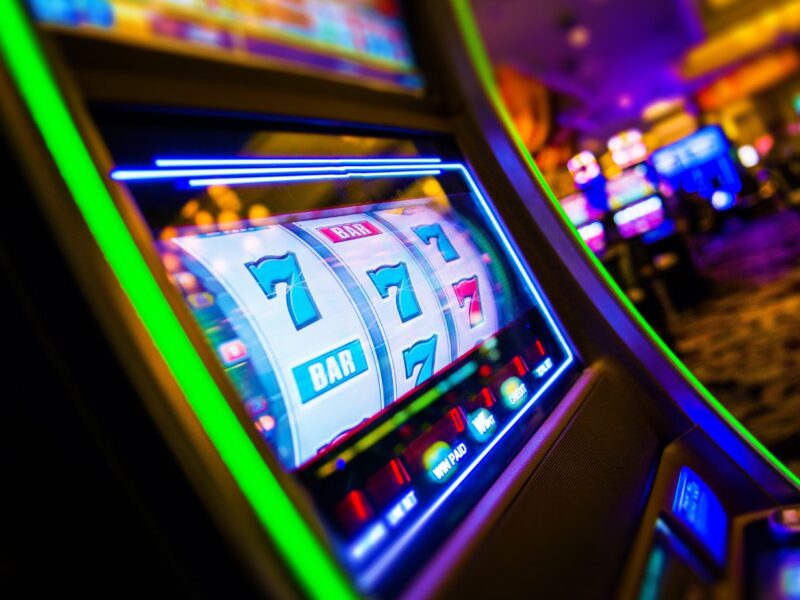Table of Contents
It feels good to take risks and win easy money, and this is why most people love gambling. However, the vice gives the illusion of easy money and can be addictive if not controlled. There are different types of gamblers and gambling addiction is hard to recognize. It may exhibit many signs, and knowing how to spot them early can go a long way.
What Are The Different Types Of Gamblers?
- Compulsive Gamblers
Compulsive gamblers are controlled by money. They may have experienced various issues with their relationships or work and attempted to stop the vice severe. However, as a compulsive gambler, you can seek anonymous gambling help and have a professional guide you to overcome the vice.
- Personality Gamblers
Personality gamblers engage in illegal activities, sometimes cheating at legal games, such as fixing races or slipping cards under the sleeves.
- Conservative Gamblers
Conservative gamblers love the thrill of winning and are interested in playing almost everything they see online or on television. However, they have a modest budget and don’t play all the time.
- Escape Gamblers
Escape gamblers gamble to forget about stress or anxiety and another issue that may be troubling them. They are almost similar to drug addicts, but gambling doesn’t solve their issues.
- Casual Gamblers
Social gamblers do it for fun and just to spend time with friends. They spend a moderate amount of money gambling, and they mostly don’t do it for the wins but for quality time with friends.
- Professional Gamblers
They spend time mastering the art of gambling and making their living out of it.
Here are signs of gambling addiction:
1. Lying About The Vice
Trying to hide the behaviors is a common sign of the vice. You may try to cover the behavior when questioned by loved ones, even when it’s evident that you are doing it. This is mainly because gambling may result in psychological discomfort to the gambler, thus the need for help.
2. Risking More Than You Can Lose
There are different types of gamblers, and some are riskless, such as casual and conservative gamblers. They have a limit to the time they spend gambling and rarely get addicted. But some people risk more than they can afford, which can ruin their financial lives.

This way, the gambler is unable to control the vice and neglects other essential tasks and responsibilities.
3. Obsession With Gambling
Pathological gamblers get obsessed with gambling and want to do it most of the time. You are either gambling or thinking about it and the past bets or wins. Over time, the thoughts become unbearable, and you keep gambling even more.
4. Evident Withdrawal Symptoms
You may have some troubling signs when not gambling; these are mainly irritability, anxiety, restlessness, sleeping difficulties, or lack of appetite. You may have to gamble to feel better and happy, which is a sign that you need professional help.
Conclusion
It’s challenging to overcome gambling, especially after doing it for years. However, a loved one of your friends can spot the signs of gambling addiction and help you seek professional help.

With professional counselors, you can undergo therapy and education, which equips you with the right skills to handle the vice.







